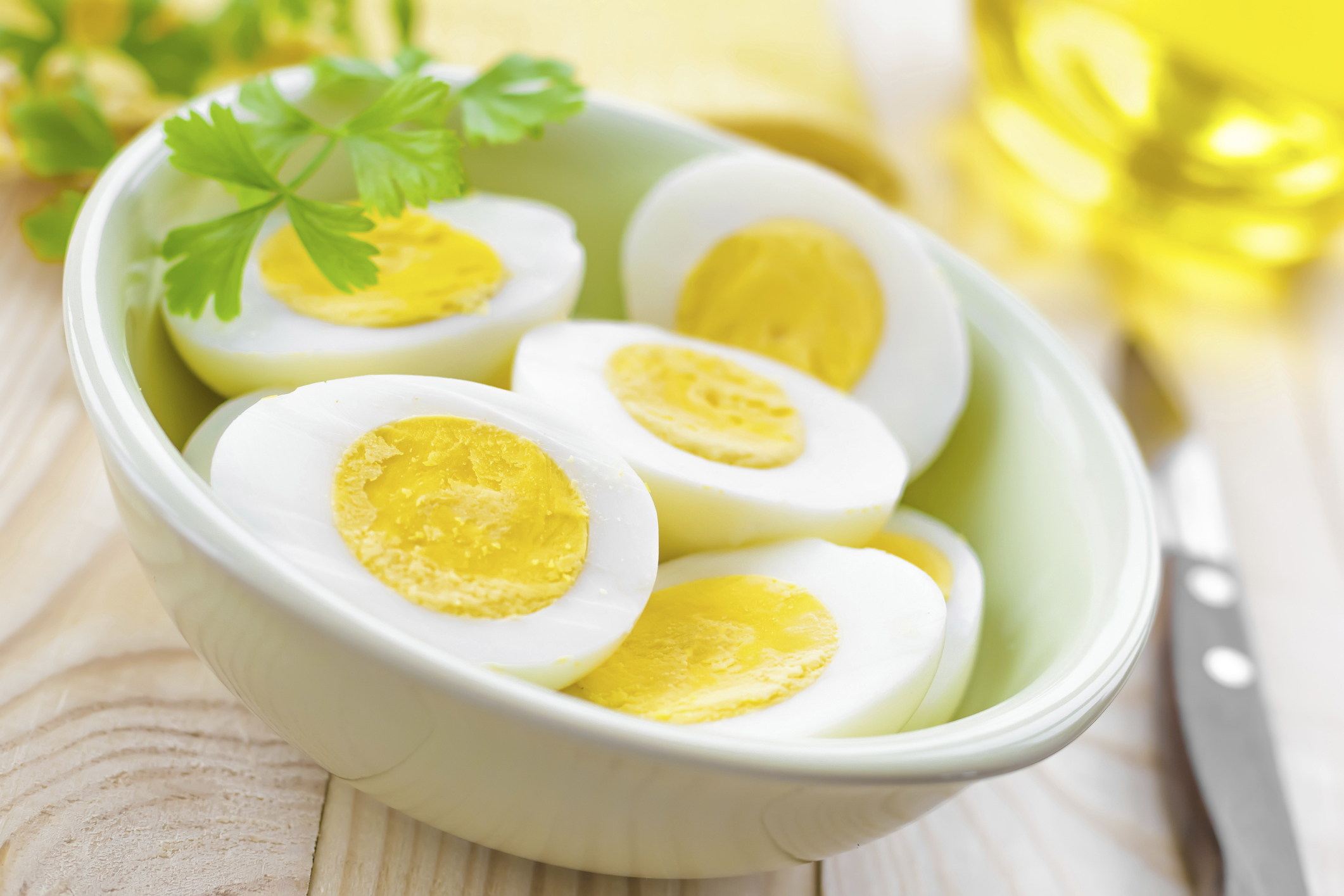You don’t have to trek to the health-food shop for foods with benefits; they’re already in your kitchen
The latest wonder food has just been announced.
And the most wonderful thing about it?
Buying it doesn’t require forking out a small fortune, or tracking down obscure health food shops – you simply have to open your fridge and reach in there instead.
Because forget some rare, exotic, organic berry, or some over-priced, over-PR-ed celebrity juice (looking at you, Elle Macpherson), the latest food to revolutionise your health is a humble old yoghurt.
OK, not any humble old yoghurt, it has to be a probiotic one.
But still, scientists in Australia have revealed that probiotic yoghurt may help lower blood pressure and reduce a person’s chances of dying from a stroke or heart attack by up a fifth, when consumed regularly.
That’s in addition to its already heralded ability to provide you with calcium, phosphorus, potassium, zinc, riboflavin, vitamin B12 and protein. Probiotic yoghurts are also believed by some to help maintain a healthy gut.
It just goes to show; eating healthily doesn’t have to be all about over-priced, over-hyped, never-heard-of-it-before foods. There are lots of easy-attainable items in local shops – and possibly already in your fridge and cupboards – that could also be called superfoods in their own rights.
Here are five examples …
EGGS
Once upon a time it was ‘go to work on an egg’.
Then it was ‘eggs are bad for you and raise your cholesterol’.
But in moderation, as with most things, eggs are packed with health benefits. A brilliant source of high-quality protein, eating an egg will keep you fuller for longer, staving off snacking, weight gain and all the health pitfalls that come with that.
Yolks also contain lutein and zeaxanthin, two antioxidants that help keep eyes healthy, while lutein is also thought to help shield skin from UV damage.
BREAD
Poor old bread, the scourge of dieters everywhere, the carb gazumped by all the newer flashier couscous and the like.
But bread is no way near as bad as people say, providing you pick your loaf sensibly.
Wholegrain bread is rich in ‘resistant starch’, a type of carbohydrate that leaves you feeling fuller for longer because it’s harder to digest, which does lead to bloating in some people, but also means it’s a good source of energy.
Even the devil of all devils, white bread, was recently found by scientists in Spain to boost beneficial bacteria in the gut, though beware of hidden salt and sugar in some white loaves – certainly best enjoyed in moderation.
MILK
Again, no one likes basic milk any more; it has to be soy, almond or lactose-free. But while ‘normal’ milk does have its cons – full-fat milk is high in saturated fat, and has even been linked to higher levels of breast cancer – it also has its undeniable pros.
For young children especially, milk provides important calories, protein, essential vitamins like B2 and B12 and, of course, calcium, crucial for keeping bones strong and warding of diseases like osteoporosis.
TEA
Tea is a wonderful thing. Aside from the soothing properties of sitting down to a nice cuppa and putting the world to rights, studies show that drinking antioxidant-packed tea could help reduce your risk of Alzheimer’s, diabetes and some cancers, while also promoting healthier teeth, gums and stronger bones. Another round anyone?
POTATO
Not shown at its best in a chip/waffle/dauphinoise, but in other guises – think boiled or baked – the potato can be very healthy indeed.
They’re relatively low in calories, especially red potatoes, and are packed with fat-burning carbohydrates, or resistant starch (like it’s diet-enemy buddy bread).
They’re also a rich source of Vitamin B6 for a healthy nervous system and a balanced mood, vitamin C for immune support, and fibre for a healthy gut.
